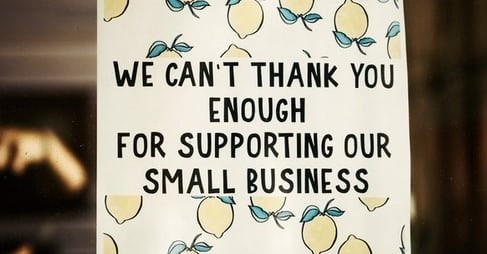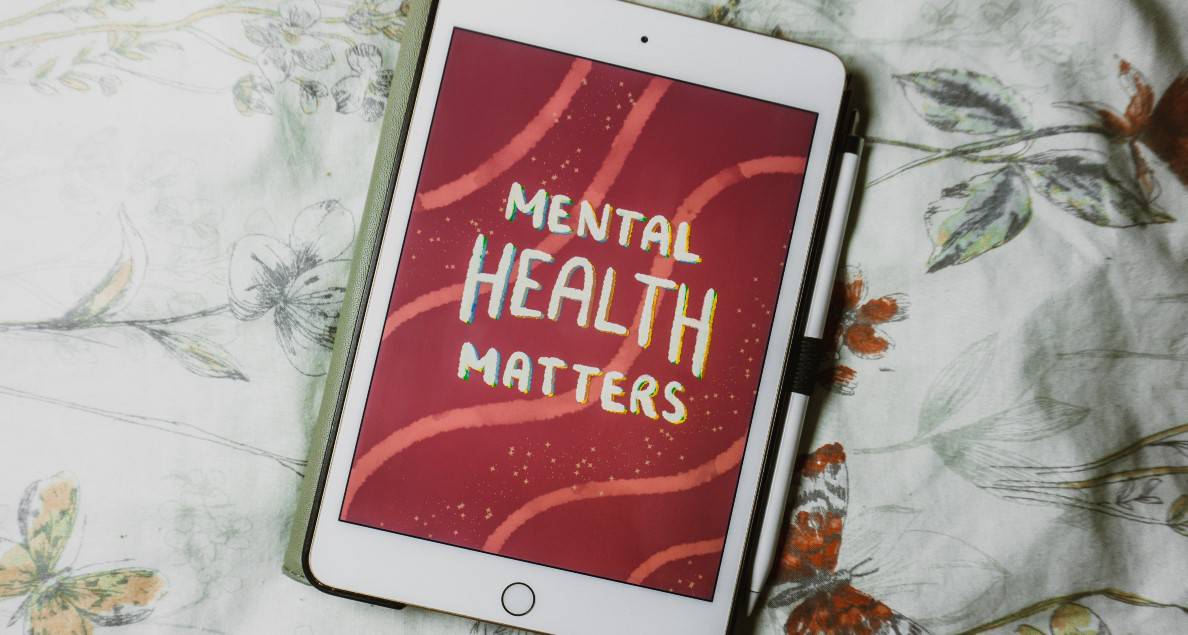Developing Resilience, One ‘Thank-You’ At a Time
There are many ways to say ‘thank-you’ and the benefits for both the recipient and the giver of such a small gesture are huge.
This week in AFL the Collingwood players said ‘thank-you’ to their departing coach of the last decade, Nathan Buckley, with an upset win over top of the table Melbourne. Yesterday, a driver on the freeway waved a ‘thank-you’ to another driver who left a gap for them to merge in to. Today, my son and daughter did the cooking and cleaned up (THANK YOU!)…
It’s a simple but powerful gesture of appreciation that conveys both gratitude and respect at the same time. Whilst it has long been recognised that there are strong benefits between two people involved in an exchange of gratitude (saying ‘thank-you’ is good for our health and happiness), new research has shown that there’s a ripple effect too.
It’s now acknowledged that there’s a third-party impact on family, friends, neighbours, co-workers and even complete strangers who witness an act of gratitude. It’s a simple act that can bring entire groups together, inspiring people to connect better with each other by building trust and closer bonds.
When it comes to resilience, gratitude has been shown to increase a person or a group’s capacity to recover quickly from difficulties or challenges. The impact of gratitude, from a resilience perspective, is incremental. It’s not as instantaneous as the other benefits (above) but works over time by helping “repair the psychological damage inflicted” by disasters and hardships; it is developed by fostering positive growth, that aids recovery.
It may be as simple as this: gratitude makes us reflect on ourselves and our lives, averting attention from the negative to the positive. Whatever the psychology behind it though, being grateful, acknowledging gratitude, witnessing the ‘thank-you’, all help develop us for the better – one ‘thank-you’ at a time.
Nuffield Group’s Integrated Emergency Management & Recovery team incorporates human factors (like gratitude) and an understanding of team interaction as part of its emergency management training program to help build resilience. Read more here.
References:
https://greatergood.berkeley.edu/article/item/the_ripple_effects_of_a_thank_you
https://pubmed.ncbi.nlm.nih.gov/31414873/
https://www.tandfonline.com/doi/abs/10.1080/17439760.2014.902492?journalCode=rpos20#.VHUJGlfF9As

 Tim Mossholder @ Upshot
Tim Mossholder @ Upshot
